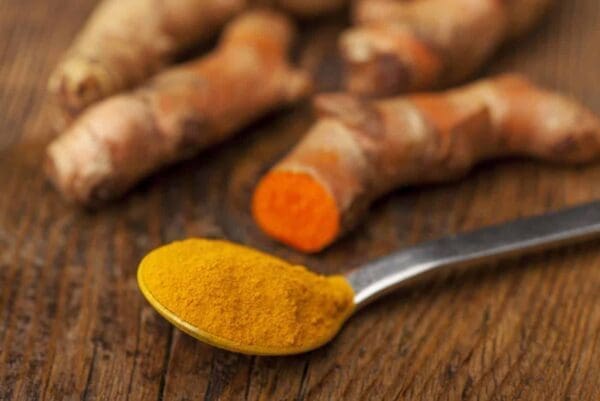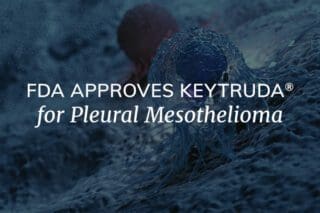
Curcumin has shown promise as a possible treatment for malignant mesothelioma. A recent study discovered the compound blocked intracellular degradation and activated the death of mesothelioma cells. Plus, it increased the survival of mice given the mesothelioma cell line.
Malignant mesothelioma is a primary tumor that doesn’t usually respond to traditional therapies. The patients who have them typically have a very low survival rate.
Curcumin was studied in several different ways in both mice and humans: cell proliferation, cell cycle regulation, pro-survival pathways, apoptosis, and autophagy. The anti-tumor activities of curcumin in mice with the mesothelioma cells were also studied.
Results-wise, curcumin inhibited the survival of mesothelioma cells on a dose- and time-dependent manner. It also increased reactive oxygen species’ intracellular production and induced DNA change. The median survival of the mice was increased and CUR reduced the risk of them developing tumors.
Curcumin isn’t the only food to show promise for those with cancer. Alliums like garlic and onions, cruciferous vegetables like broccoli and kale, ginger, and some pomegranate juice have all shown positive effects. Ellagic acid, a compound found in red fruits and berries such as grapes, raspberries, and strawberries, has also shown some positive results with respect to cancer.
Curcumin could go on to become part of a clinical trial eventually. Only promising new or experimental therapies get to pursue clinical trials. During a course of treatment for lung cancer, the doctor may suggest that a patient take part in a clinical trial of a new treatment.
A clinical trial is only done when there is some reason to believe that the treatment being studied may be of value to the patient. Treatments used in clinical trials are often found to have real benefits.
Current experimental therapies underway for mesothelioma cancer include the drug gene therapy, immunotherapy, photodynamic therapy, and multimodality therapy.
Curcumin’s results show promise for further research and may influence the design of mesothelioma treatments.




